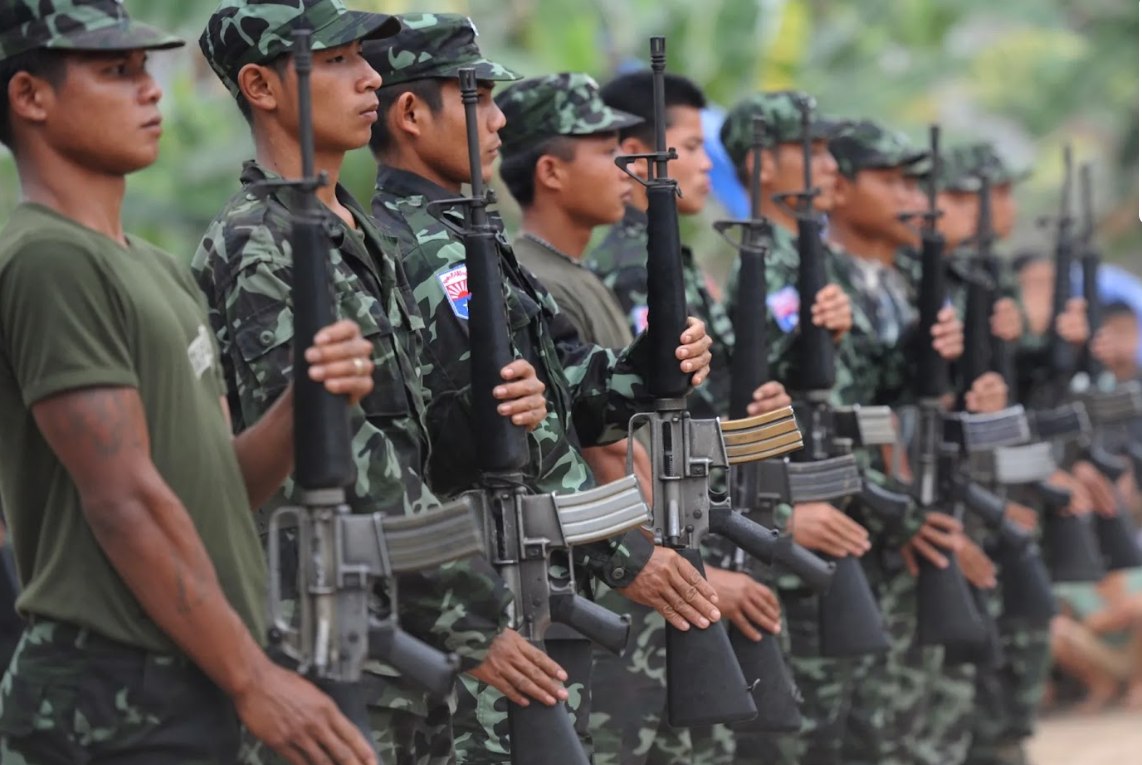Kawkayeik, 15 August
As the objective of Spring Revolution is more than the removal of present regime, old and misbehaviors need to be changed for the change of system, Padoh Saw Taw Nee, a member of KNU’s central executive committee, told Than Lwin Times.
Despite changes of successive rulers since independence after colonial rule, the military has been the biggest obstacle of the country for more than 70 years, since 1958.
The Myanmar military has manipulated not only the military, but also politics, economy, and all other sectors, and the country has deteriorated, fueling armed conflict and civil war.
Padoh Saw Taw Nee said “The Spring Revolution, which arose as a result of the military’s last coup, was to put an end to all tyrants and to establish a new country with a new system”.
The National Unity Consultative Council (NUCC) and the National Unity Government (NUG) issued a joint statement on August 7 that the armed revolution is a system change, not a regime change that will maintain the dictatorship.
Pado Saw Taw Nee affirmed that the Karen National Union (KNU) is in the same boat as the NUCC and NUG.

On the other hand, the military regime is organizing the EAOs, including the powerful ethnic armed organization, KNU, which is involved in the Spring Revolution and Padoh Saw Taw Nee said that the military council’s peace process is also unacceptable.
The Karen National Union (KNU) is among the 10 ethnic armed groups that signed the Nationwide Ceasefire Agreement (NCA) in 2015 under U Thein Sein administration.
However, since the military destroyed the principles of Chapter 1 of the NCA following the coup, the NCA is no longer in force and there is no reason to abide by it, according to the KNU.
On the other hand, the KNU is providing military training to anti-regime youth who have fled the cities, fighting alongside the PDFs in the spring revolution.
Currently, the KNU has announced that it can gain more control by carrying out operations in areas west of the Sittaung River (Nyaunglaybin District), Pyinmana, Leiktho, and from southern Kayah border to Kyaikto, Belin, Thaton, Ye, and Dawei.
News-Than Lwin Times
Photo-KNU

